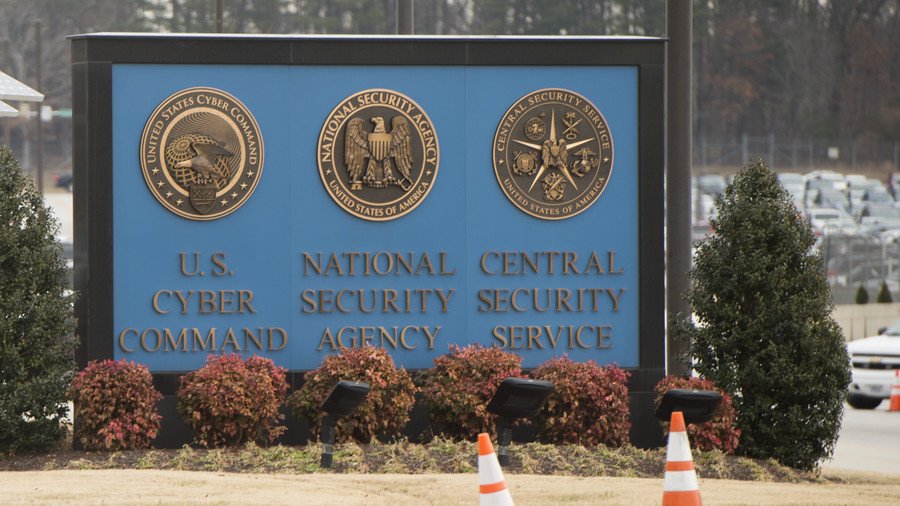You've been identified! NYT gushes over mystery US op to stop Russian meddling

With November’s midterm elections drawing nearer, the Gray Lady has reassured Americans that US Cyber Command has contacted individual “Russian operatives,” to personally warn them against any meddling attempts.
The Russian trolls who allegedly used insincere tweets to influence the multi-billion dollar 2016 presidential election have apparently been put on notice, with Cyber Command contacting “individual Russian operatives” to inform them that Uncle Sam has “identified them” and is “tracking their work,” the New York Times reported, citing anonymous officials who say they were briefed on the operation.
The Russians in question were “not directly threatened” by Cyber Command, the Times’ anonymous sources stressed, adding that the possibility of being targeted by US sanctions would likely act as an effective deterrent.
Cyber Command: u up?Russia bot: who dis?https://t.co/nUpdmLbMGC
— Elliott Schwartz (@elliosch) October 23, 2018
Created in 2009 to defend military networks, Cyber Command’s targeting of Russian “operatives” marks the “first known overseas cyber-operation to protect American elections, including the November midterms.”
The Times’ juicy scoop stretches more than 1,500 words, but few other details of this unprecedented operation are given. As the paper notes, its gossipy anonymous sources would not disclose who they were targeting, or how many targets were on their radar, or even the methods that Cyber Command has used to directly contact these alleged Russian meddling masters. Maybe by carrier pigeon? Message in a bottle?
Despite the paper’s vague understanding of facts, the Times teased its readers for an entire seven paragraphs before gushing that “the Cyber Command operations appear relatively measured, especially in comparison with the increasingly elaborate and sophisticated efforts by Russia to use disinformation to sow dissent in the United States.”
A bold claim – especially since there’s no evidence of “sophisticated” Russian efforts to sow dissent in the US, and the New York Times has only the flimsiest understanding of what this Cyber Command operation even entails.
Luckily, the American public need not fret about the technicalities, because the Times also disclosed that US intelligence officials have “concluded that Russia is unlikely to try to hack into voting machines or directly manipulate voting results this year.”
But Cyber Command can’t take all of the credit for safeguarding American democracy from dangerous tweets: Mass purges of “Russia-linked” accounts on social media have also played an invaluable role. Or at least that’s what Ben Nimmo, a member of the Atlantic Council team that helps Facebook decide who receives the ban hammer, told the Times.
So, to sum up: Cyber Command’s intimidating Russian telegrams and the Atlantic Council’s omnipotent content-screening have ensured that the Russians won’t be able to hack the midterms.
A rather convenient and extremely vague feel-good story, just in time to remind everyone that they should still be afraid of the Russians – even if there is nothing (and never has been) anything to fear.
Sadly, Russia’s prized position as the sneakiest election meddlers on earth is being challenged by China – according to Donald Trump. The US president claims that Beijing is actively trying to remove him from the White House.
Like this story? Share it with a friend!















